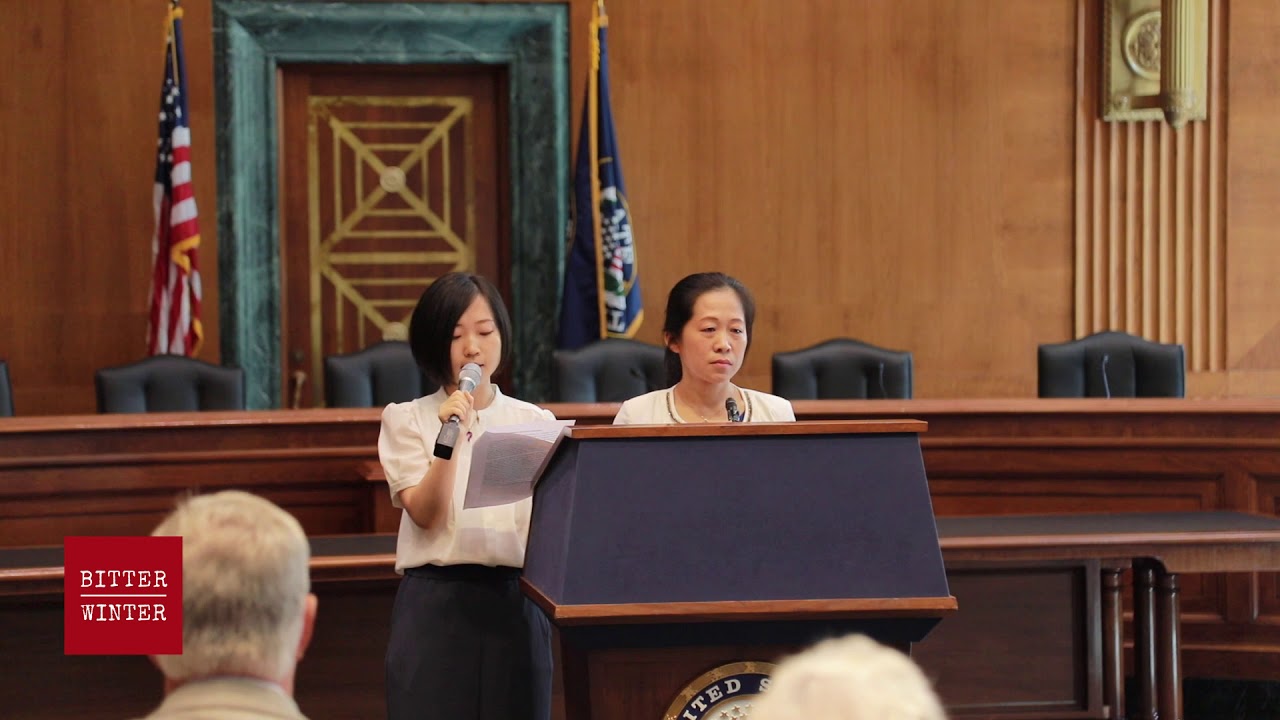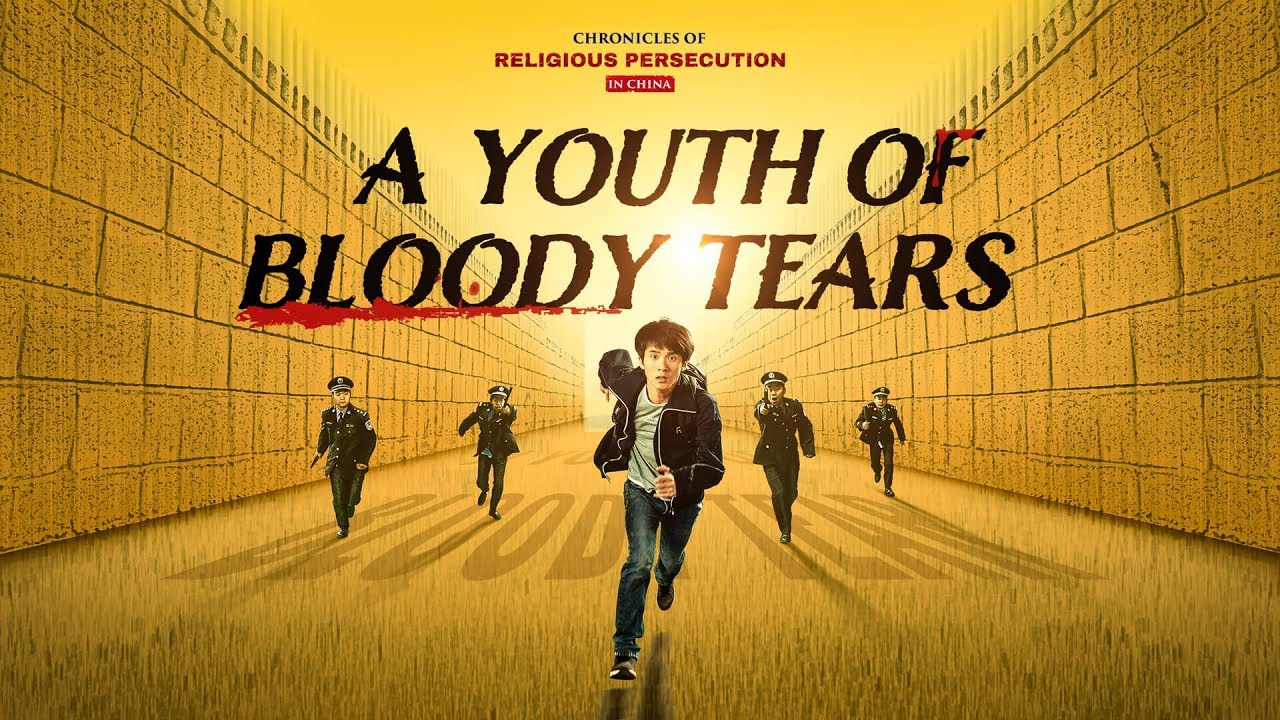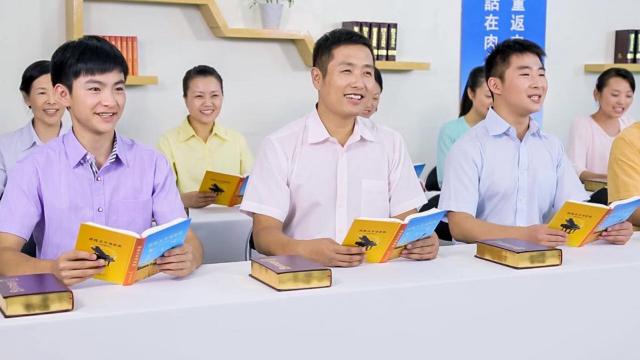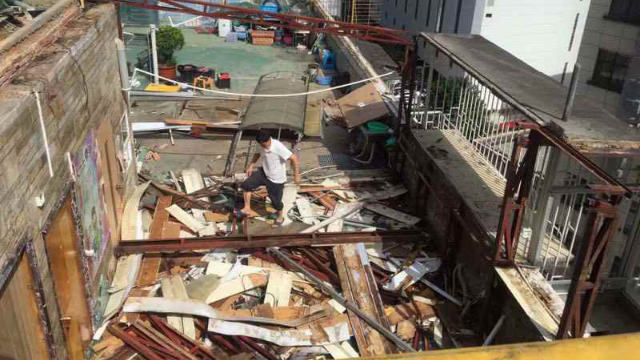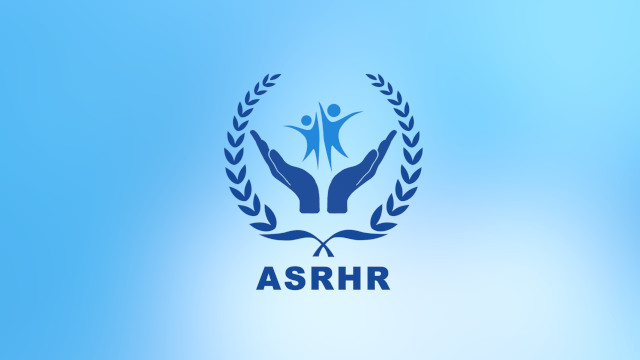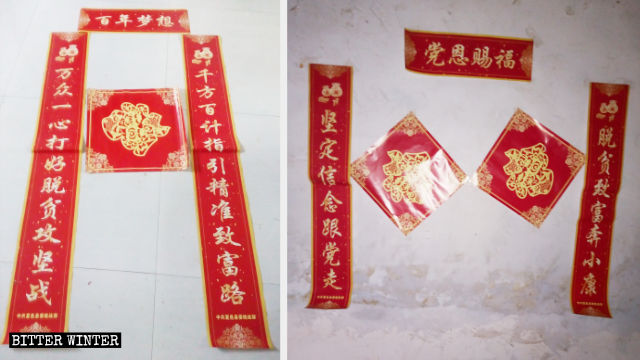Health care workers on China’s coronavirus frontline talk about the CCP’s orders to fabricate data and how they were used for propaganda purposes.
by Ye Ling
On April 17, the government of Wuhan, the capital of the central province of Hubei and the epicenter of the coronavirus outbreak, raised its official death toll from COVID-19 by 1,290— a 50% increase in the previously reported official figure. The change was announced amid growing concerns from the international community that China has been underreporting deaths from the virus to give a false impression that the outbreak is under control.
The medical staff who talked to Bitter Winter confirmed that these concerns are valid.
Data fabricated to maintain “zero deaths”
A doctor from the eastern province of Zhejiang (we’ll call him Mr. Huang to protect his identity) told Bitter Winter that the epidemic was particularly severe in the prefecture-level city of Wenzhou, accounting for the majority of the coronavirus cases in the province. “In mid-February, the condition of many patients with mild symptoms started gradually deteriorating, and their condition became severe,” Mr. Huang said. “At the same time, the provincial government issued a diktat, forbidding us from reporting deaths from coronavirus.”
According to Mr. Huang, the hospital’s leaders started fabricating data to implement this political task. He remembered one case when a woman in her 80s in grave condition passed away in the hospital from COVID-19, but her medical records indicate different causes of death.
“To reduce the number of severe coronavirus patients, hospitals transferred them from wards for infected people to other sections, and their medical records have been altered, changing their diagnoses to severe pneumonia,” Mr. Huang continued. “This way, their cases were not added to the official coronavirus fatalities’ tally. Reducing the number of severe coronavirus patients meant reducing the number of subsequent deaths. As a result, the pressure from the central government on the leaders of hospitals and local authorities increased.”
He added that the Wenzhou government reported on March 16 that no coronavirus patients were in hospitals anymore, but in reality, some hospitals still had patients with severe conditions from COVID-19. To control the narrative, hospitals prohibited medical staff from talking to the media and sharing images from work with their friends and families or posting them on social media. They were also banned from talking to coronavirus patients’ relatives, who called to inquire about the condition of their loved ones.
“A bit over 1,200 coronavirus cases and one death were reported in Zhejiang Province in total, but this number has been fabricated by top officials and hospital leaders to achieve their political goals,” Mr. Huang believes. “Covering up real numbers helps to downplay the severity of the pandemic. Because the CCP concealed the real situation at the beginning of the epidemic, other countries failed to take proper prevention and control measures, causing the coronavirus to spread around the entire world.”
Medical staff not tested sufficiently
Mr. Huang revealed that after working with coronavirus patients for some time, local medical workers were isolated in a government-designated hotel for two weeks. After that, they were supposed to be tested if they had been infected with COVID-19. However, only the first group of medical workers were actually tested after the isolation: the tests have been canceled for later groups.
“This has been done to fabricate the data of infections among medical workers because hospitals and municipal and provincial governments would face greater pressure if any of them were infected,” Mr. Huang explained. “Without the tests, it was reported that the number of infected medical workers was zero. If any of them had been infected, they would have had to go home after the two weeks’ isolation. Even if they had symptoms, their cases were counted as the general population, not medical staff infections.”
Mr. Huang said that this policy had raised fear among medical workers. He remembered a nurse, who started exhibiting coronavirus symptoms and asked to be tested, but the hospital administration refused, saying that even if she was tested, her results would neither be included in the electronic medical record system nor would she be informed about them.
“To achieve their political goals, government and hospital leaders did not allow us to be tested even when the test reagents were sufficient. This is completely irresponsible,” Mr. Huang commented. “If we are infected but don’t show symptoms, and we are not immediately isolated, many more people could be infected, causing the virus to spread.”
Propaganda manipulations
As if fabricating data is not enough, the CCP uses the mouthpiece media to spread propaganda on its efforts defeating the epidemic with “revolutionary spirit” and forces medical staff to play along. Mr. Huang said that hospital leaders forced his colleagues working with coronavirus patients to write and share their stories so that “the Party’s image is maintained.” “The hospital posts many stories about the fight against the epidemic on its WeChat page; more than 100 have been shared already, but many of them are not true,” he said. “They do it to implement their political agenda.”
A nurse from Zhejiang told Bitter Winter that she was told by her superiors to write a story about how, with the support from her family, she firmly decided to join the medical staff fighting the virus. Her text was posted on the hospital’s public WeChat account. “I have no interest in reading what I have written because it’s all false. I was told to write that way,” she said. Another nurse wrote an article for a hospital newsletter but later discovered that it had been altered, heavily departing from her original text.
A medical worker from Beijing, who was sent to work in Wuhan, told Bitter Winter that doctors and nurses could not refuse to work with coronavirus patients when their safety was not ensured. If they do so, it will be very difficult for them to find another job in the future, he explained. The man also revealed that before he left for Wuhan, the director of the ward he worked in said that he didn’t need “to care about the lives of patients, he had to make sure that he is not infected himself.”
Source:BITTER WINTER / YE LING


